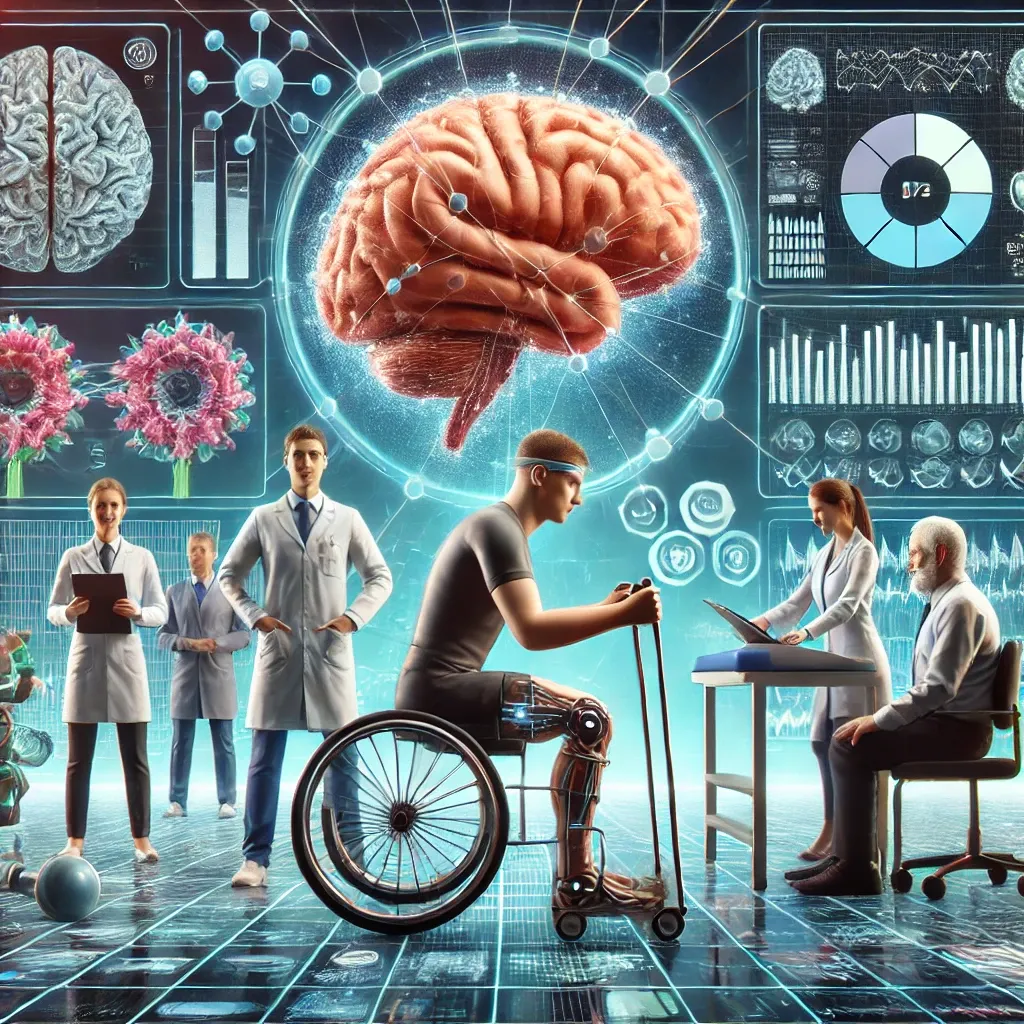What Makes Brain Recovery Difficult?
Article Source: Challenges in Neurorehabilitation

Why You Should Care
Neurorehabilitation helps people recover from brain injuries, strokes, or neurological diseases. But it’s not easy—there are many challenges that make it hard for patients to regain their full abilities. Understanding these challenges can help improve treatments and give patients a better chance of recovery.
Answering the Question… What Makes Brain Recovery Difficult?
Neurorehabilitation faces several challenges, including the complexity of the brain, the varying needs of patients, and the difficulty of measuring progress. The study found that up to 50% of stroke patients do not fully recover their motor skills even after extensive rehabilitation. This highlights the need for more personalized and adaptive approaches to treatment.
How Was the Study Done?
Researchers conducted a comprehensive review of existing neurorehabilitation methods and technologies. They analyzed patient outcomes, therapeutic techniques, and the effectiveness of different tools like robotics and virtual reality. Data from clinical trials and patient case studies were used to identify the most common challenges faced by healthcare providers.
What Was Discovered?
- Complexity of the Brain: The brain's complexity makes it hard to predict recovery paths, with many patients showing unpredictable progress.
- Patient Variability: Each patient’s condition is unique, requiring personalized treatment plans that can be difficult to implement consistently.
- Measurement Challenges: Measuring the effectiveness of rehabilitation is tricky. The study found that standard metrics often fail to capture the full scope of a patient's recovery, leading to incomplete assessments.
- Resource Limitations: There is often a lack of access to advanced rehabilitation technologies, such as robotics and virtual reality, especially in less developed regions. This limits the potential for comprehensive treatment.
- Long Recovery Times: Neurorehabilitation can take months or even years, which can be physically and emotionally taxing for patients and their families. Approximately 50% of stroke patients still experience significant impairments after six months of rehabilitation.
Why Does It Matter?
Addressing these challenges is crucial for improving neurorehabilitation outcomes. By understanding the hurdles, healthcare providers can develop better, more personalized treatments that give patients a higher chance of recovery. The findings emphasize the need for continued research and innovation in neurorehabilitation to ensure that all patients have access to effective care.
Link to full article: Challenges in Neurorehabilitation
